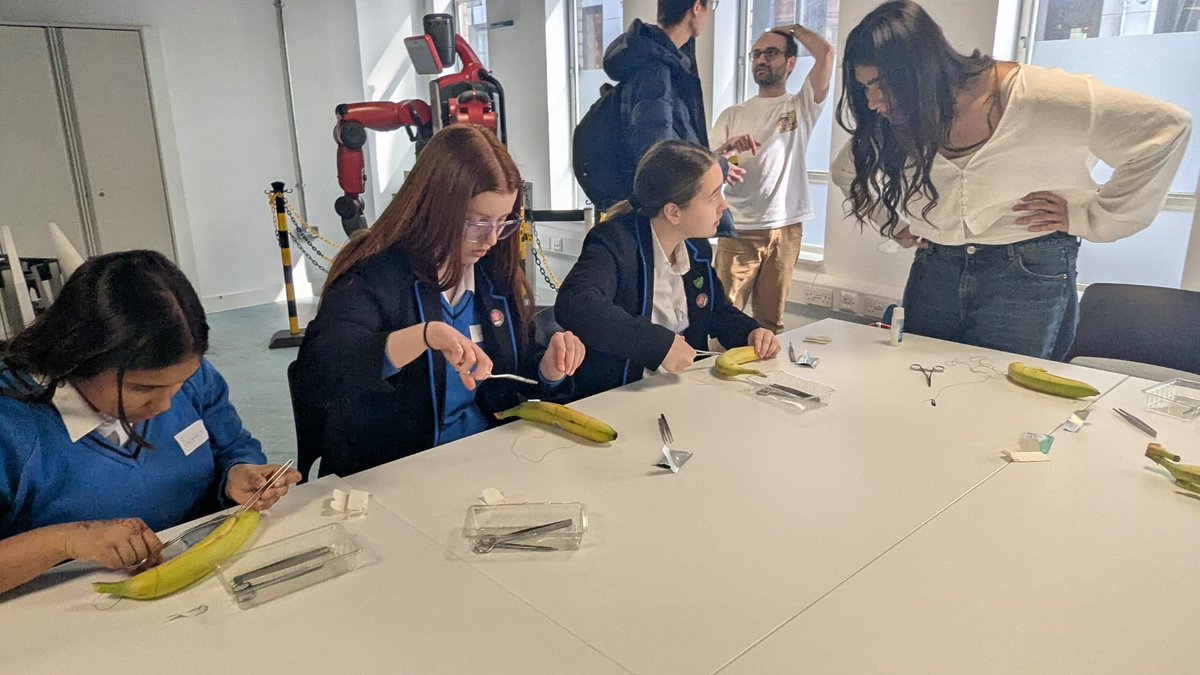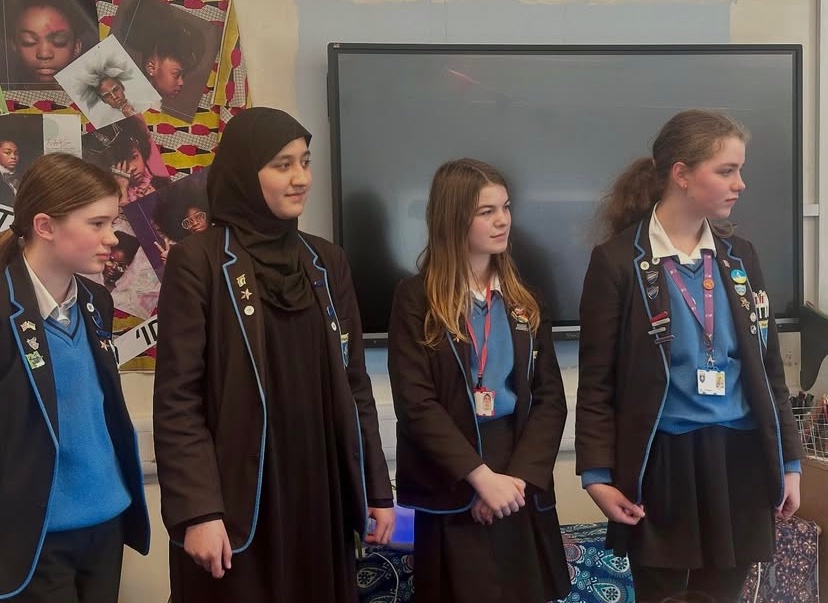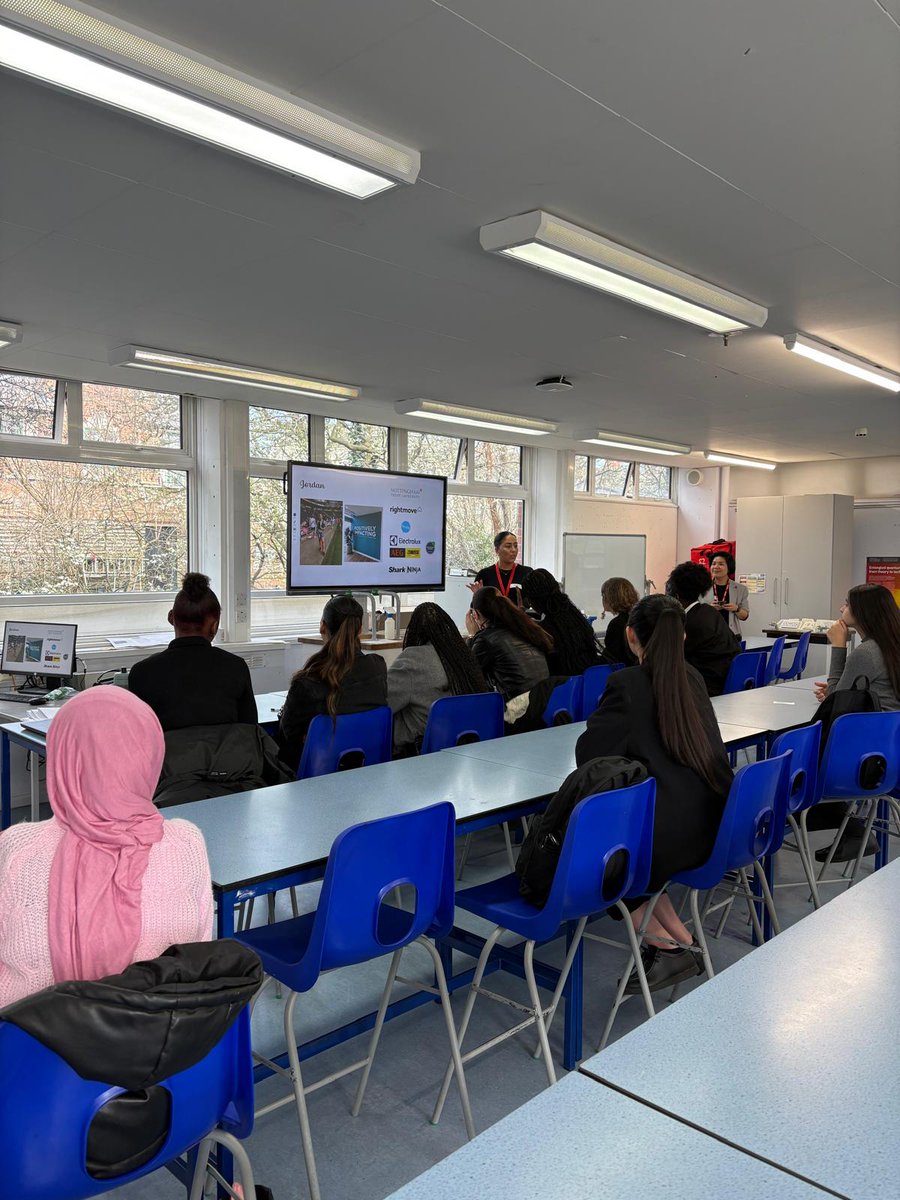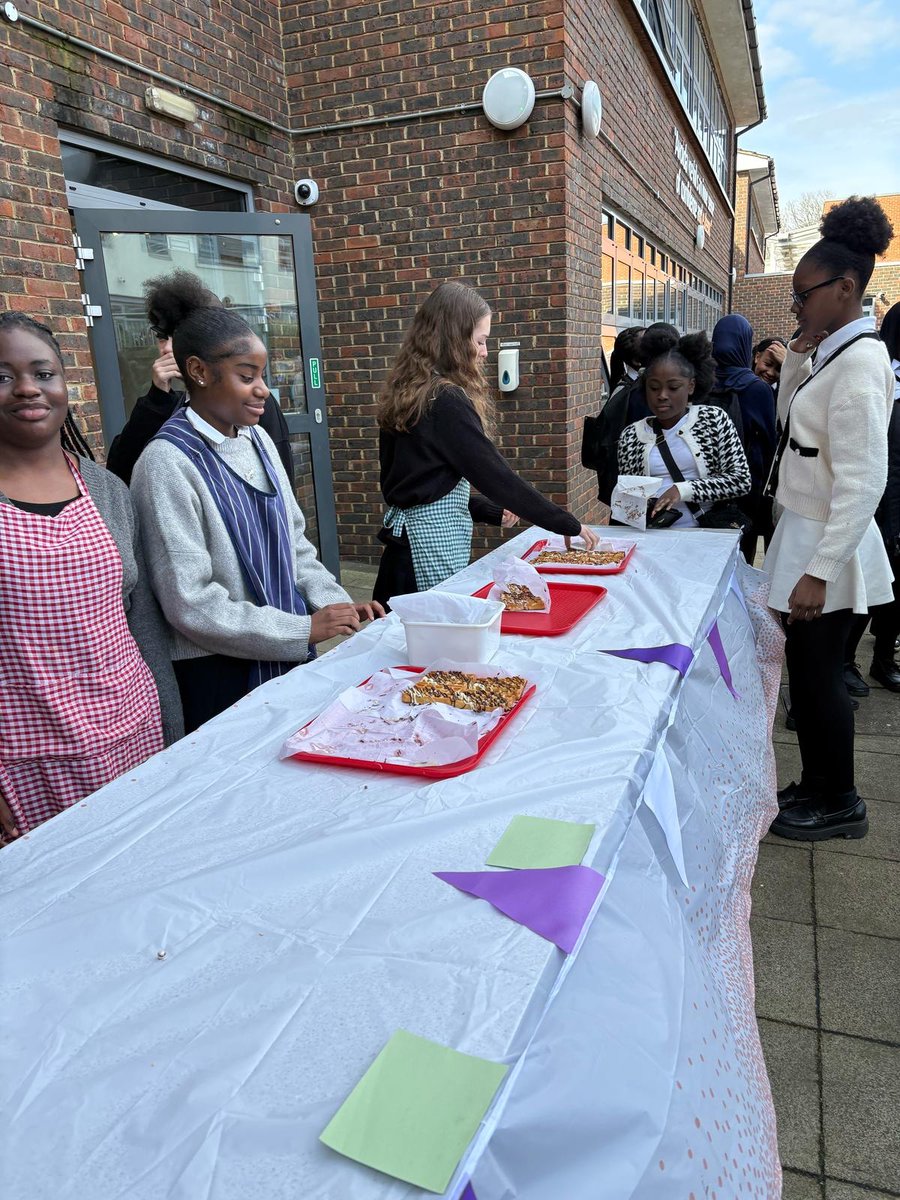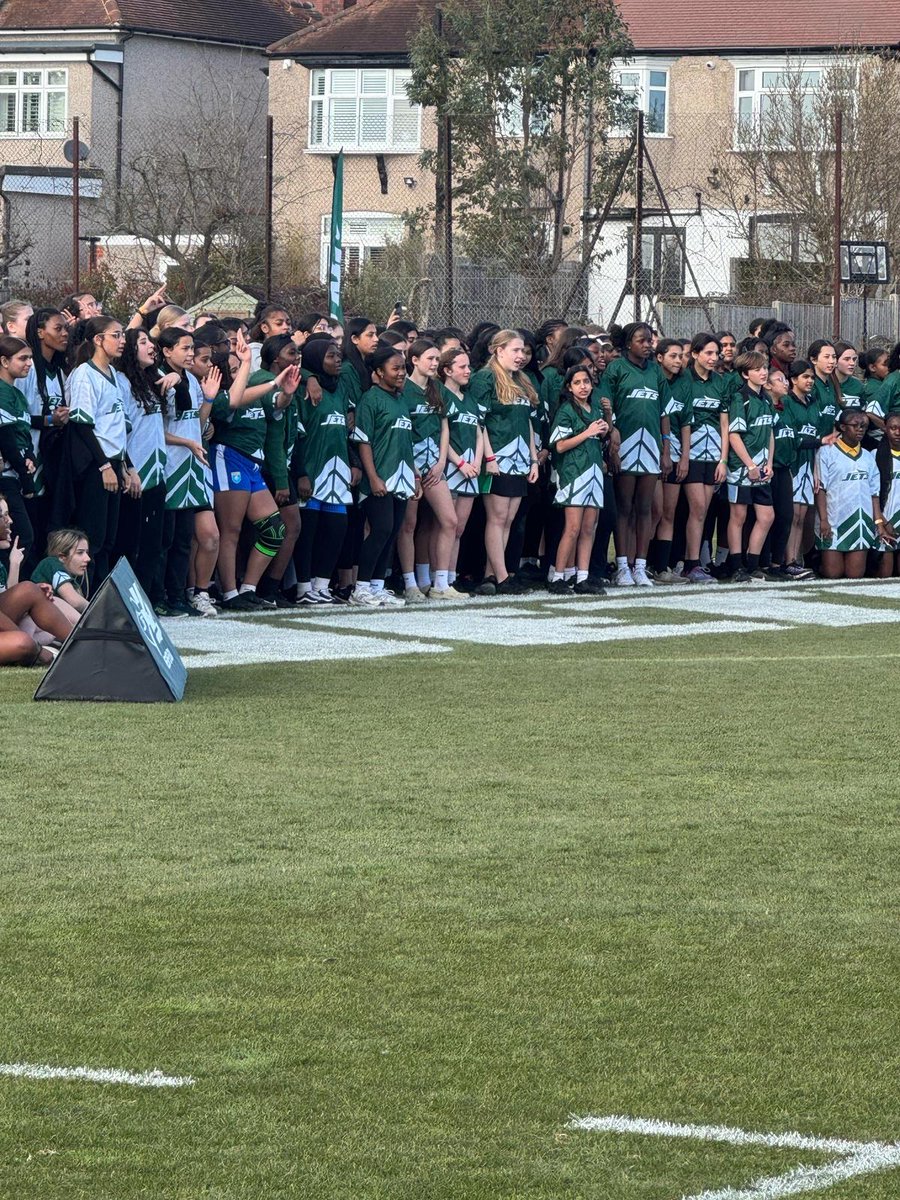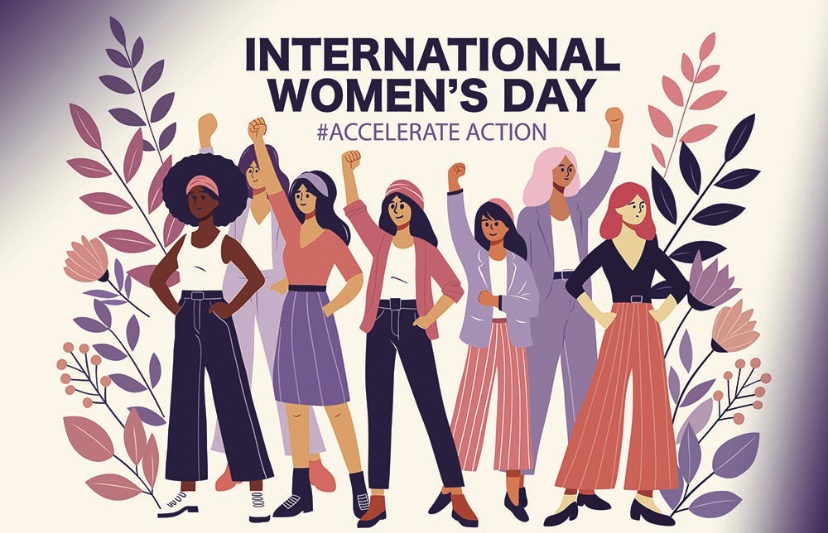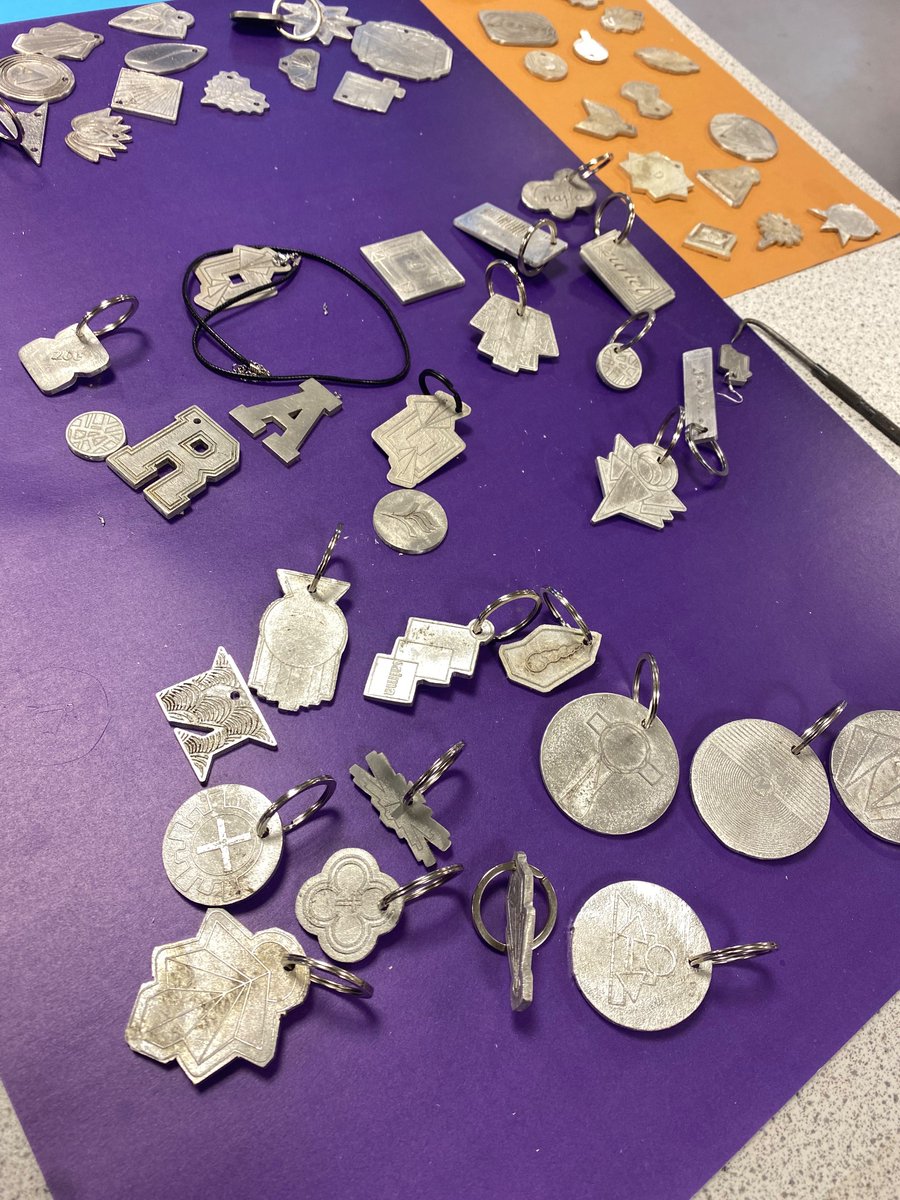Latest News
Posted on July 17th 2012
Uganda health project 2012
Our partnership with the people of Nabiswa, Uganda, is helping our students learn about global citizenship and also enabling people in Nabiswa to improve local healthcare services.
Six students visited Nabiswa earlier this month, joined by a party that also included paramedics and mechanics.

This is the refitted ambulance we brought to Nabiswa in July, where it received an amazing welcome. The ambulance was stripped and refitted by Bedfordshire Fire Service. The project was a partnership between Harris Girls’ Academy East Dulwich, Barnfield Academy, Luton, Bedfordshire Fire Service and the Onset Trust.
 Paramedics trained us to take part in first aid demonstrations. We made some great friends and were privileged to be allowed an insight into another culture that is so different to ours.
Paramedics trained us to take part in first aid demonstrations. We made some great friends and were privileged to be allowed an insight into another culture that is so different to ours.
 Over 200 people were seen at this clinic in one afternoon alone. We did lots of rural clinics with our paramedics and dispensed drugs for a wide range of conditions. Thank you to everyone in the UK who supported our fundraising for medicine.
Over 200 people were seen at this clinic in one afternoon alone. We did lots of rural clinics with our paramedics and dispensed drugs for a wide range of conditions. Thank you to everyone in the UK who supported our fundraising for medicine.
 The students came across a baby with encephalitis who had two months to live. They clubbed together with their pocket money to pay for his surgery, which has now happened. It made us very humble to think how lucky we are to have the NHS in the UK.
The students came across a baby with encephalitis who had two months to live. They clubbed together with their pocket money to pay for his surgery, which has now happened. It made us very humble to think how lucky we are to have the NHS in the UK.
One of our students, Holly, has written this report of her experiences during her visit to Uganda in July.
Our experience in Uganda will be one that we will never forget. There were amazing fun bits but also hard moments as well. We had the opportunity to see what it was like to live in a developing country, which was so hard to see.
Equality
There is a massive culture difference and some of it is really hard to accept. The gap between men and women is very big. Men are very much higher than women and get to sit in chairs and eat, whereas women will have to sit on the floor. Also, they can’t have their legs crossed as that’s how men sit, so there are many restrictions for them.
This was very hard for us to accept and made us want to shout and scream at the top of our lungs that women are equal to men.
We discovered this on the day we cooked a Ugandan meal which isn’t easy as there is a lot of effort and hours involved and all cooked from scratch.
On this day we saw the men just sitting down and watch us as we cooked, but yet they still got to eat before the women because of status. This was very hard for us to accept but we had to respect their culture. We have no right to change their culture but only to help to improve their basic needs such as availability of water, removal of sewage, healthcare and availability of food.
Disability
There were lots of people that we met during the home visits that we will never forget. On our first home visit we met a women with six children. Her sixth child was disabled as his arms didn’t form properly. This lead to her husband leaving her and their children.
She has no job and no money to feed, clothe or send them to school and also has to pay for the room that they all live in. This had such a major impact on us and when we returned to the Millennium Guest House (where we were staying) some of us could not stop the tears. We just felt it was so awful and unjust, but we had to accept that we couldn’t help everyone in the world who lived like this but only do our part to help the people we could.
Operation
On another day we went to see a different family, who had a baby with a brain swelling which was filling with fluid and he had only an estimated two months to live. It is fairly simple to fix, with an operation costing only about £300 but his family couldn’t afford it. So as a group we raised the money for him to have the operation. This was one of the best things we did as it really felt like we were helping the family. We helped every family we met but just never really felt like it was enough.
Politics
Politics is also very big in Uganda. We met the chairmen of the Kibuku district. He had just built new offices that weren’t really in use but needed to be done for his status to be re-elected. That money could have been put into other areas such as the hospital, which really needed funds.
It was frustrating to think that investing money in areas that need it could have been a great selling point for re-election, but it was all about his status.
We also went to visit the hospital, which was inadequate and was hard to see and accept the conditions. Everyone was put in the same room no matter what they were in for. The only people separated were pregnant women and people with TB. The isolation period for TB in the UK is six months but only two weeks in Uganda.
Broken hip
Also, we met a 93-year-old man who had broken his hip, so we arranged for a doctor to visit him and we were later told that he had diabetes and need to do more exercise. However we didn’t listen to this and Mrs Fletcher made sure they did a x-ray. They discovered his hip was broken and it was underway to be fixed before we left.
If we weren’t there he would have been left in his house immobile and in a great deal of pain. It just shows the massive gap between our medical care and medical care in Uganda. Also the training that is given is completely different. This has made me realise how vital education is to enable people of a country to develop, grow and move forward.
Life-changing
The trip to Uganda was a life-changing, eventful and unforgettable experience. Going to Uganda we got to see how many people in the world have to live off little or nothing. It made us realise how fortunate and blessed we are. It was in fact a cultural shock as many families are made to live in inhumane conditions. Their houses were often mud houses which were infested with massive lizards, bugs and other insects.
Some, however, lived in brick houses which often times were very small. They also had no furniture. They slept on pieces of material which were laid on the ground. Their families also were quite large; we visited a lady who had a total of 18 children which in our minds we thought wasn’t even possible.
All this has made us want to try and make a difference in the world however we can. We know that we can’t help everyone in the world but helping one area is better than doing nothing and now that we have seen the things we have there’s no going back now. In our heart there’s no way we can now turn our backs on people that need help.
